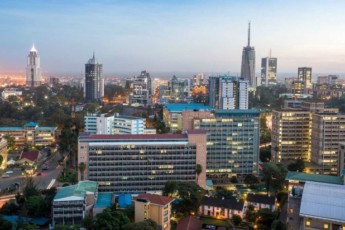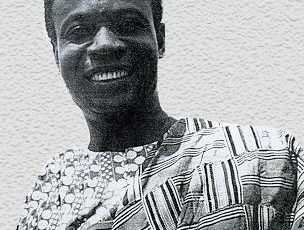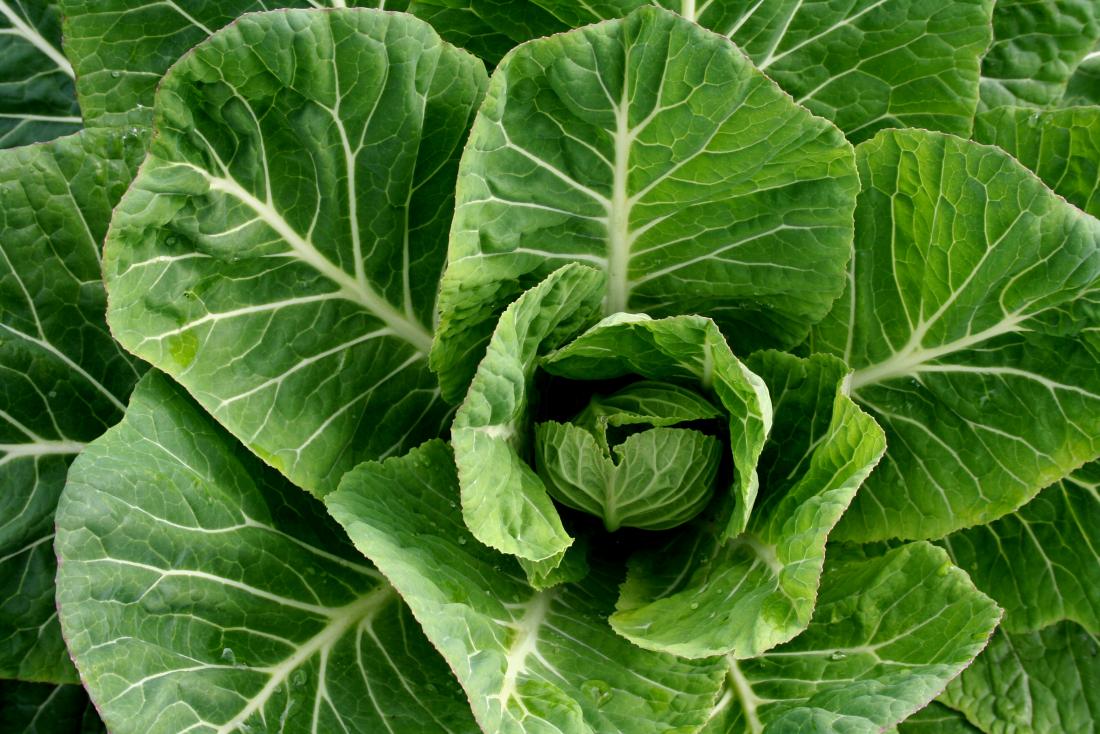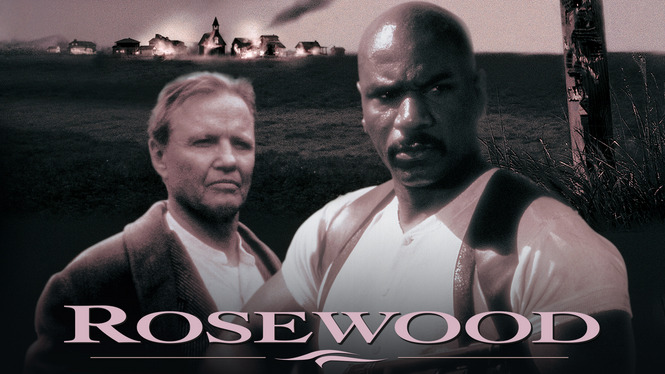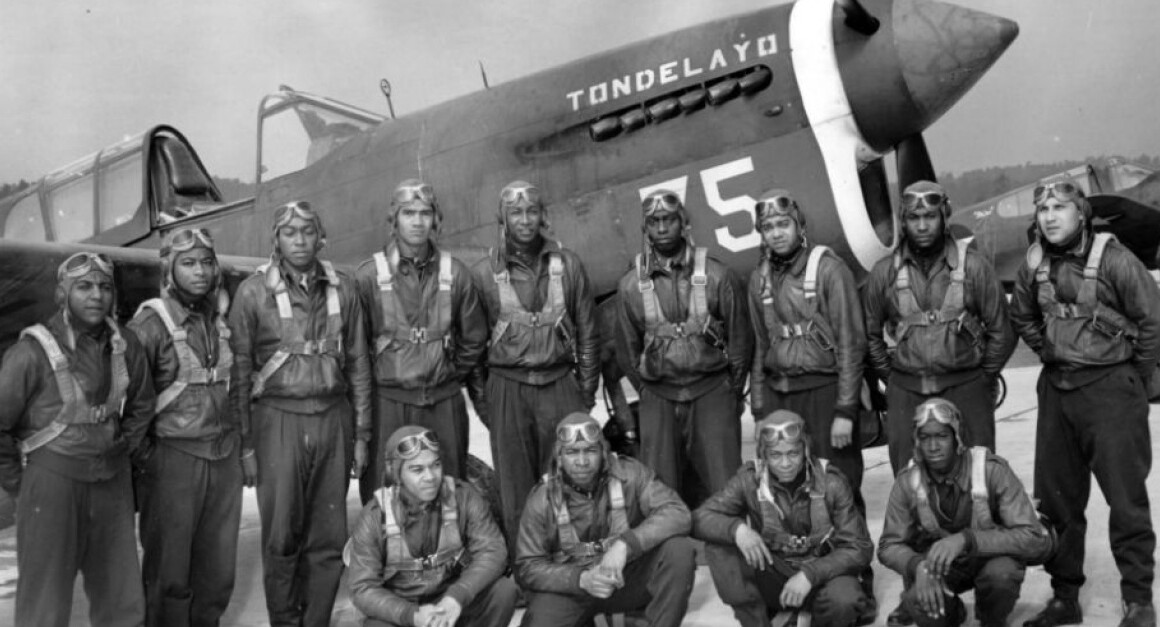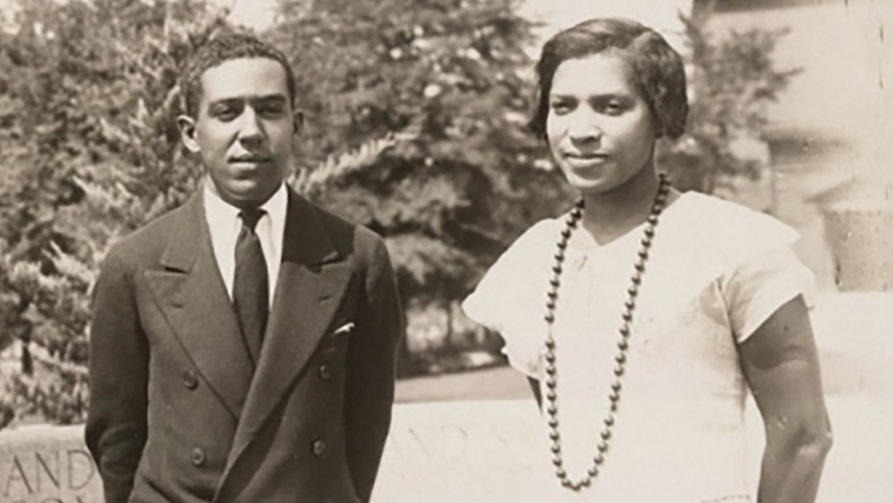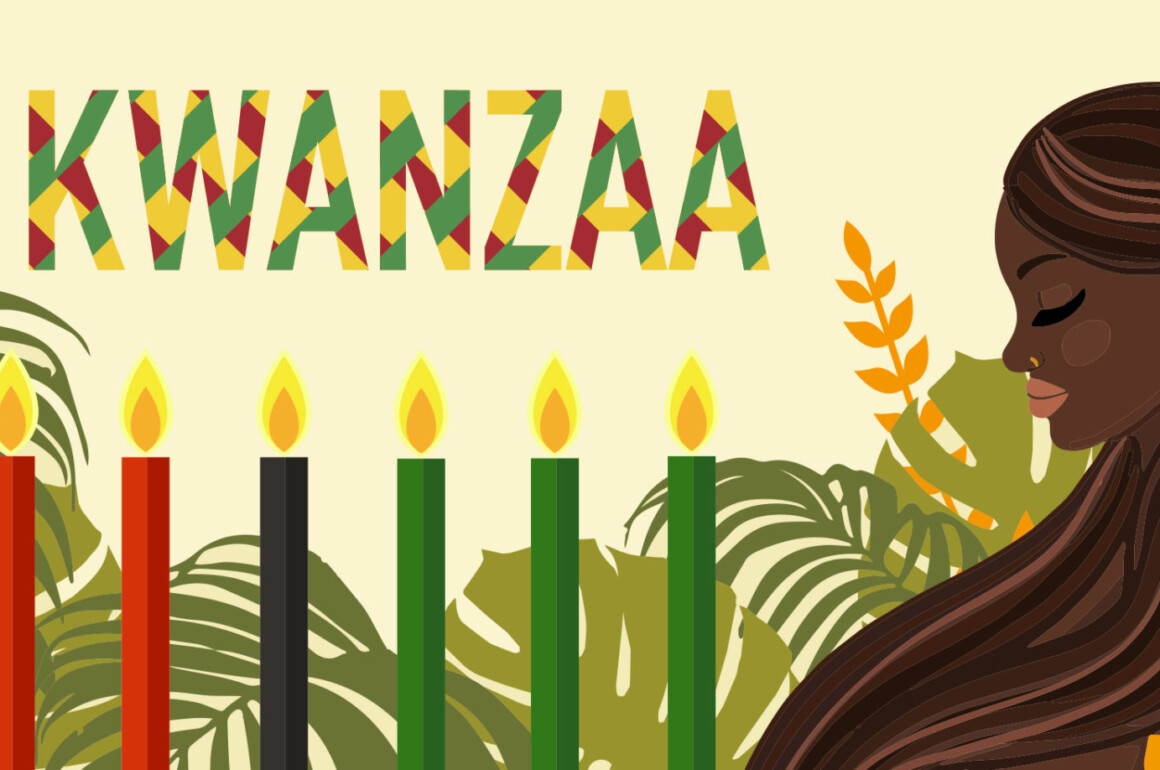
This year Kwanzaa takes place from December 26, 2022 to January 1, 2023. It is a week-long cultural holiday that takes place from December 26th to January 1st. It was created in 1966 by Dr. Maulana Karenga, a professor of Africana Studies, as a way to celebrate African heritage and culture, particularly among African Americans in the United States.
Kwanzaa is based on seven principles, known as the Nguzo Saba, which represent values that are important to the African community. These principles are: Umoja (unity), Kujichagulia (self-determination), Ujima (collective work and responsibility), Ujamaa (cooperative economics), Nia (purpose), Kuumba (creativity), and Imani (faith). Each day of Kwanzaa is dedicated to one of these principles, and many people celebrate Kwanzaa by lighting a candle for each principle, performing traditional African music and dance, and participating in other cultural activities.
Kwanzaa is not a religious holiday, but rather a cultural celebration that is meant to bring people together to reflect on their heritage and values. It is an opportunity for people to celebrate their African heritage and to honor the struggles and achievements of their ancestors.
Ways to Celebrate
During Kwanzaa, many people participate in activities that are meant to honor and celebrate African culture and heritage. Some common traditions include:
- Lighting a kinara: A kinara is a seven-candle holder that represents the seven principles of Kwanzaa. On each day of Kwanzaa, a candle is lit in the kinara to represent one of the principles.
- Participating in cultural activities: Kwanzaa celebrations often include traditional African music and dance performances, as well as lectures and discussions about African history and culture.
- Giving gifts: Some people exchange gifts during Kwanzaa as a way to celebrate and show appreciation for one another. Gifts are often handmade or represent African culture in some way.
- Eating traditional foods: Many Kwanzaa celebrations include meals featuring traditional African dishes such as fufu, jollof rice, and egusi soup.
- Honoring ancestors: Kwanzaa is also a time for people to remember and honor their ancestors who have passed down their traditions, culture, and values. This might involve setting up an ancestor altar or participating in other rituals to honor the deceased.
Overall, Kwanzaa is a time for people to come together and celebrate their African heritage and culture, and to reflect on the principles that are important to the community.

